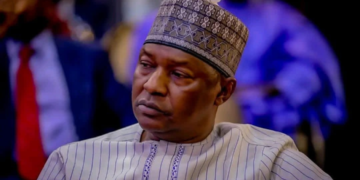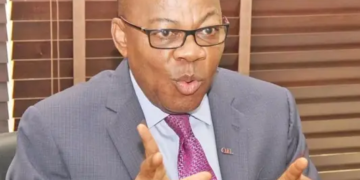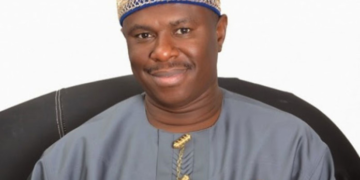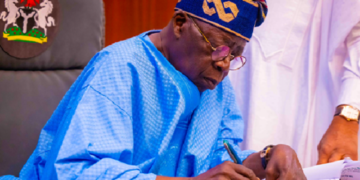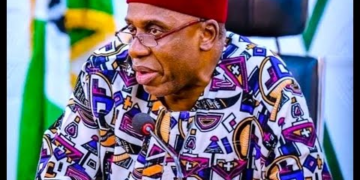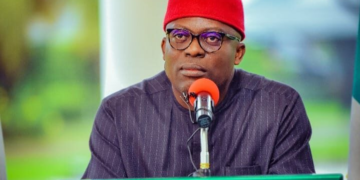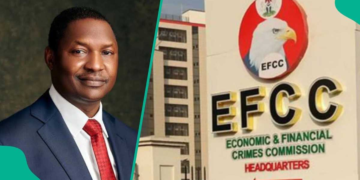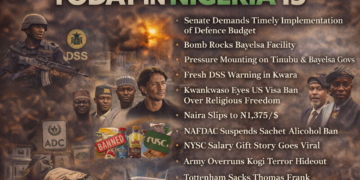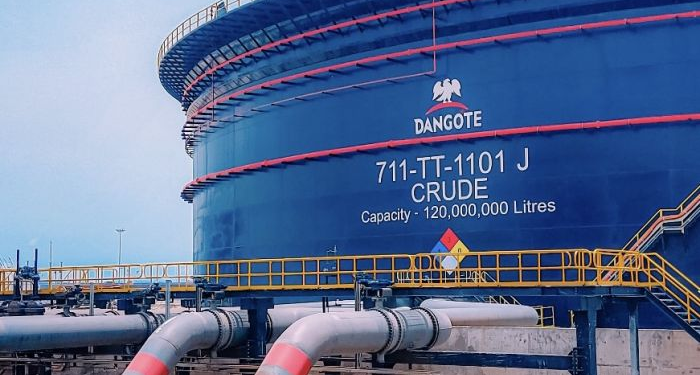Aliko Dangote, Africa’s richest man and Chairman of the Dangote Group, has announced that Nigeria will no longer need to import gasoline starting next month. This significant development is attributed to the operational advancements at the Dangote Refinery, which was discussed during the Africa CEO Forum Annual Summit in Kigali on Friday.
Dangote highlighted the refinery’s capability to meet not only Nigeria’s fuel needs but also to supply gasoline, diesel, and aviation fuel across West Africa and the entire continent. “By sometime in June, within the next four or five weeks, Nigeria shouldn’t import anything like gasoline; not one drop,” he stated confidently.
The entrepreneur also underscored the progress made towards ensuring Africa’s self-sufficiency in the energy sector. “We have enough gasoline to give to at least the entire West Africa, diesel to give to West Africa and Central Africa. We have enough aviation fuel to give to the entire continent and also export some to Brazil and Mexico,” he said.
The Dangote Refinery, which was commissioned in February, is designed to revolutionize the continent’s energy landscape. According to Dangote, the refinery’s production capabilities extend beyond fuels to include essential materials such as polypropylene, polyethylene, base oil, and linear benzyl for detergents, aiming to reduce Africa’s dependence on imports. “Today, our polypropylene and polyethylene will meet the entire demand of Africa, and we are producing raw materials to make Africa self-sufficient,” he noted.
In terms of fertilizer production, Dangote announced ambitious plans to make Africa self-sufficient within the next four years. “We will make Africa self-sufficient in both potash, phosphate, and urea. In the next twenty months, we will be at six million tonnes of urea, which is the entire capacity of Egypt. We are getting there,” he asserted.
Reflecting on the journey since the refinery’s commissioning, Dangote shared, “We had this dream just about five years ago to move from five billion dollars in revenue to thirty billion, and we made it happen. Now we have finished our refinery, which has a capacity of 650,000 barrels per day and produces 1 million tonnes of polypropylene and 590,000 tonnes of carbon black annually.”
Despite the achievements, Dangote acknowledged the challenges faced, particularly resistance from those benefiting from the status quo. He stressed the importance of changing Africa’s narrative from exporting raw materials to producing finished products locally. “When you export raw materials and import finished goods, you are importing poverty and exporting jobs. We have to change that narrative,” he emphasized.
Dangote also called for policy consistency and support from African leaders to ensure ease of trade on the continent. He warned that without continued investment, oil production in Africa could decline. “The major burden on us was that there is no room for failure because we were the EPC contractors and ninety percent of people never believed that we were going to deliver, but we have been able to deliver now,” he concluded.

